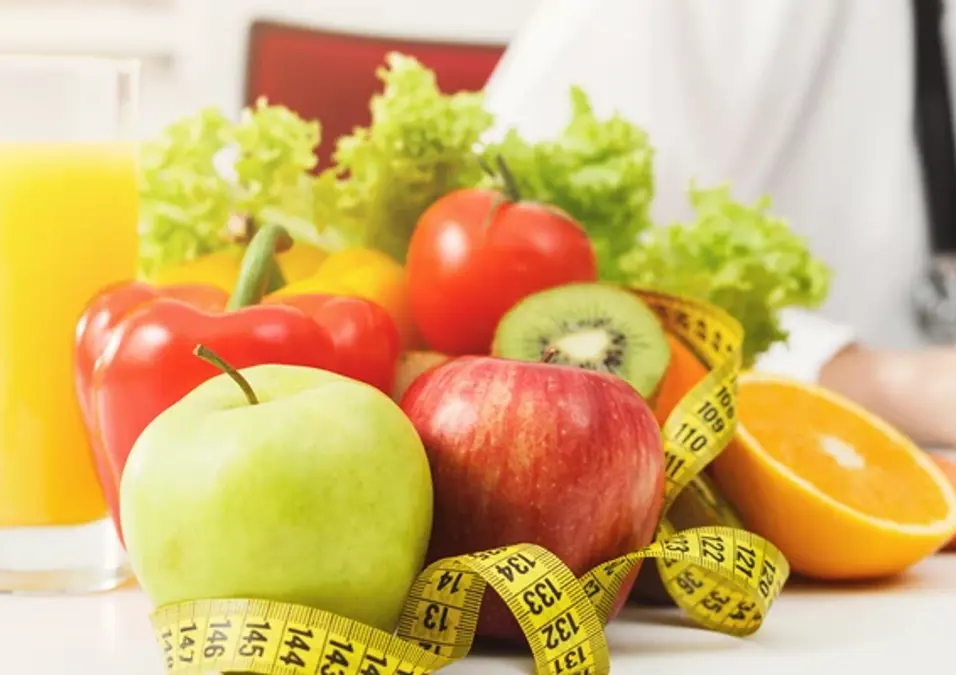The ultimate guide to getting those unstoppable GAINZ!

SIGN UP FOR YOUR FREE DAY PASS TODAY!
How much can your body consume protein?
Everyone has different needs when it comes to protein consumption, but how much can your body actually digest? You don’t need to be that person who tried to consume as many egg whites as possible for a protein hit. Your body can only digest so much protein at any given time and it all depends on what your body requires. If you are an athlete who must optimise recovery, contrasted with someone who needs to get their body fat down, both will have different requirements.
Want more? View the Top 20 High-Protein Foods.
In a recent study looking at the rates of protein absorption, researchers discovered that a meal containing 30g of protein, boosted muscle-building activity by about 50%. What’s more is that, increasing the amount of protein in the meal didn't create a bigger boost in muscle synthesis, so having 2 chicken breasts instead of 1 won’t make you any leaner. On average, subjects who ate 90g of protein in a meal benefitted no more than those who ate 30g.
You are probably thinking, what about the regularity of protein consumption? Studies have shown that protein synthesis was greatest in those who consume 4 servings of 20g of protein, as opposed to those who consumed one large meal, with more than 40g of protein.
Evidence from studies also indicates that, total daily protein intake for the goal of maximising resistance training-induced gains in muscle mass and strength, is approximately 1.6 g/kg, at least in non-dieting (eucaloric or hypercaloric) conditions. This reinforces the practical need to individualise dietary programming,
‘1.6 g·kg body weight (BW) is maximal to support resistance-exercise-induced strength and lean mass gain in healthy adults in energy balance’ - Morton et al.
The nutrition of fast-acting proteins
We know that food ingestion throughout your window of post-exercise recovery, is necessary to optimise the skeletal muscle adaptive response. It’s how you recover that determines how your body builds.
The speed of absorption of dietary amino acids found in proteins varies according to the type of ingested dietary protein. So what are fast-acting proteins? They are those which your body can absorb quickly to utilise protein synthesis.
The two fast-acting proteins which feel the need for speed are, Whey Protein Isolate and Hydrolysed Whey Protein. Your normal Whey Protein will typically be digested within 2 to 2 ½ hours, whilst Hydrolysed Whey Protein (whey that has been pre-digested) will be digested within 1 to 1 ½ hours - fast-acting proteins are ideal for a post-workout hit.
The ingestion of Isolated Protein sources (Whey Protein Isolate), generally results in a rapid peak leucinemia (within 30 min) in healthy adults. However, protein-dense whole food ingestion results in slower protein digestion and amino acid absorption rates with a peak dietary amino acid rise at 60–120 min of the post-prandial period.
Slow acting proteins
A slow-digesting protein is a protein that is typically digested and utilised over a longer period of more than 4 hours. As we have discussed above, whey is a fast acting protein which is digested over a few hours. Egg whites are a protein source which takes longer amongst other whole foods such as chicken, beef etc.
Typically, the one protein that is used in this case is Casein in its various forms. Casein is the ultimate bedtime protein because it is digested slowly by the body for up to seven hours so, while you are getting your Z’s in, your body is working hard on protein synthesis, allowing you to recover.
Protein & Energy
The British Nutrition Foundation states that any excess protein you consume can be used by your body to provide it with extra energy. Let’s take a look at the numbers…
1g of protein provides 17kJ (4 kcal), but carbohydrate, and to a lesser extent fat, should be the main sources of dietary energy. At present, protein provides around 16% of energy on average in the British diet. Looking at these numbers, though, leads us onto a very important topic in protein discussions - weight loss.
Protein & weight loss
The science behind protein and weight loss is an interesting one.
If you are consuming a diet which is high in protein and lower in carbohydrates then your body will be encouraged to turn to its fat stores and burn those for energy.
Do you ever feel fatigued? Not consuming enough protein during the day can be a main cause for fatigue. Protein-based foods will provide the body with fuel and the essential amino acids needed to repair and build tissues. Protein takes longer than carbohydrates to break down in the body and digest. This means that you will stay fuller for longer, and your body will be provided with a longer-lasting energy source, too. Keeping your protein high when you are on your weight loss journey, can for these reasons, be very beneficial.
Protein is an important macronutrient and it’s vital for every cell in your body. Everybody needs protein. FACT.
Your body utilises protein to build and repair tissues, especially after exercise. Your cells also use protein to make enzymes, hormones, and various other chemicals needed by the body. Protein is also the building block of bones, muscles, cartilage, skin, and blood, there’s not much it isn’t used for.
Hopefully, this guide has given you a better idea as to how and when to consume protein. Be smart with your protein, and consume it when it’s the most advantageous for your body. Think smart and eat smart.














































































